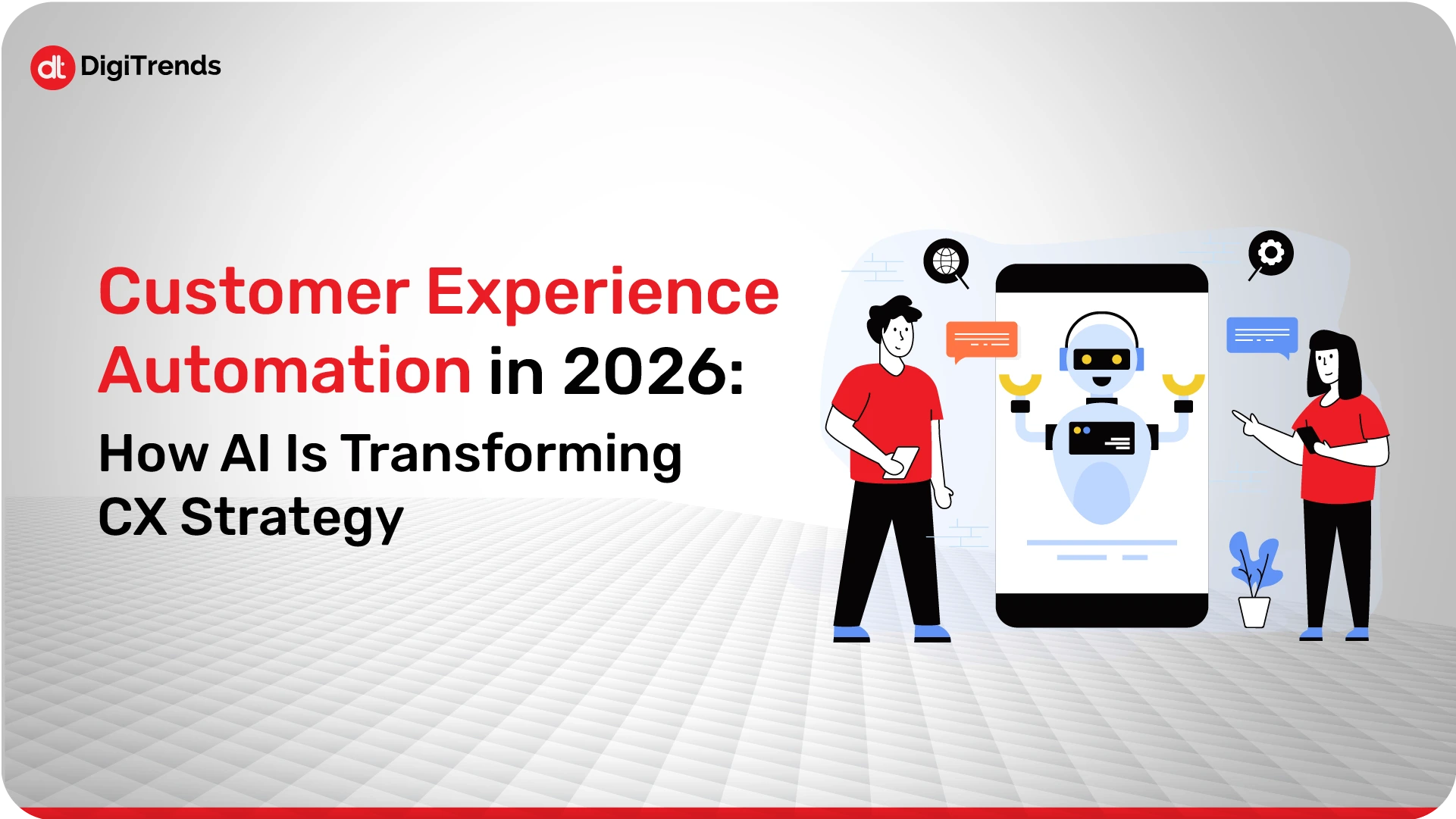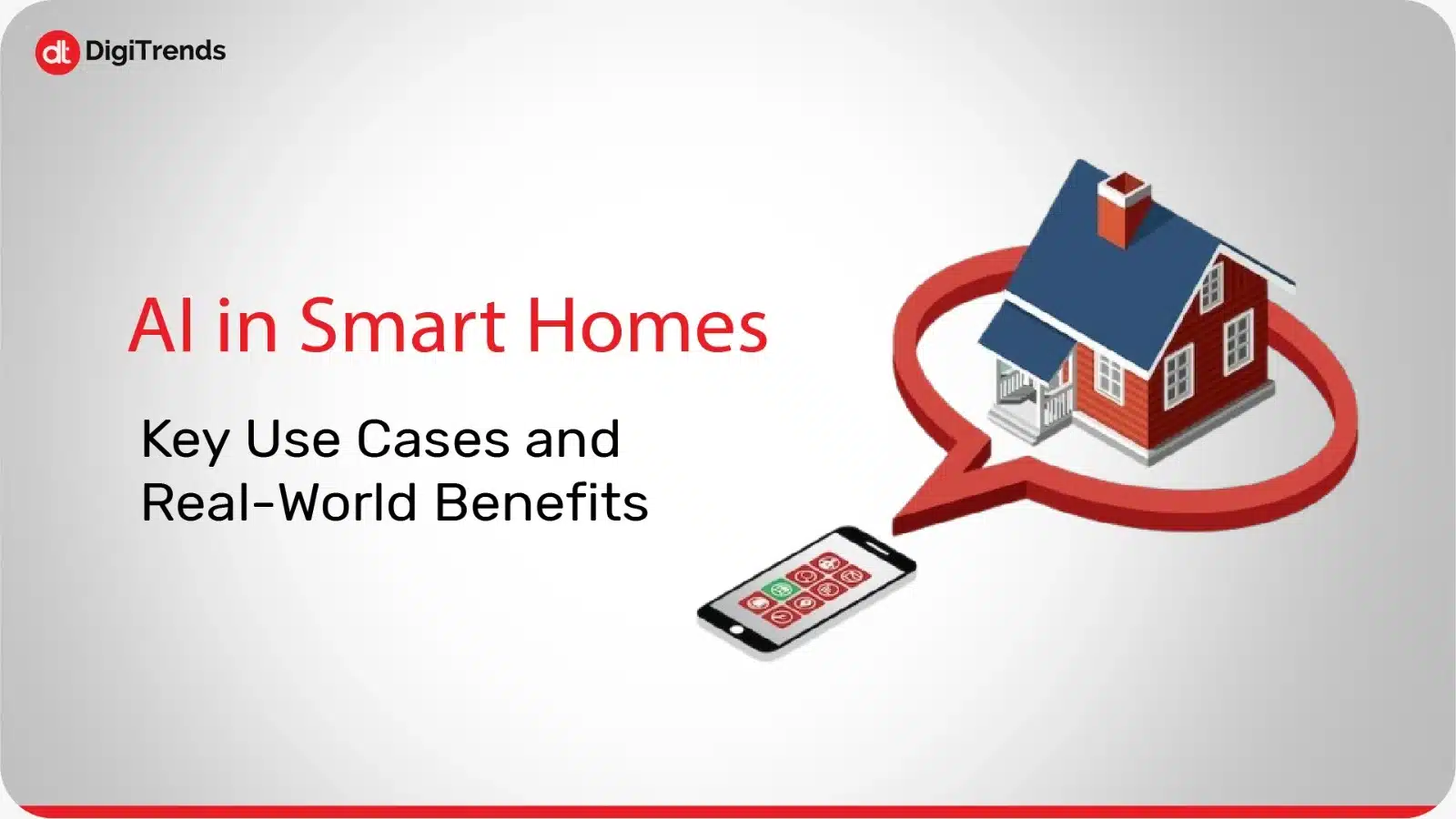Mobile App Development Trends in 2025 are evolving rapidly, with new technologies like Artificial Intelligence (AI), 5G, Augmented Reality (AR), and Virtual Reality (VR) shaping how apps are built and used. San Francisco, as the world’s leading tech hub, is at the forefront of these changes. Developers in this city are utilizing advanced technologies to deliver more immersive, efficient, and secure apps.
In this article, we’ll explore the latest trends in mobile app development and how San Francisco’s innovation ecosystem is fueling this transformation.
Why San Francisco is the Ideal Hub for Mobile App Development in 2025
San Francisco has long been considered the center of tech innovation, home to major tech giants, pioneering startups, and a vibrant culture of entrepreneurship. Several factors make it the perfect place for mobile app development:
1. Innovation at the Core
San Francisco is a global leader in technological innovation. The city’s proximity to Silicon Valley and access to cutting-edge resources give developers the unique ability to push the boundaries of mobile technology.
2. Diverse Talent Pool
One of the reasons for the city’s dominance in the tech industry is its access to a diverse and highly skilled talent pool. Developers, engineers, and designers from across the world come to San Francisco to work on cutting-edge projects, bringing different perspectives and expertise that lead to more creative and innovative solutions.
3. Venture Capital Funding
San Francisco is home to some of the world’s top venture capital firms. This provides app developers with the funding and resources necessary to turn innovative ideas into reality, especially in areas like AI and 5G technology.
Top Mobile App Development Trends in 2025
As mobile app development continues to evolve, new trends are emerging that are reshaping the industry. Here are the top trends for 2025:
1. AI-Driven Mobile Apps
Artificial Intelligence (AI) is revolutionizing the way mobile apps are designed and developed. AI enables apps to deliver more personalized experiences, automate complex processes, and provide real-time insights into user behavior.
AI in Mobile App Development
- Chatbots and Virtual Assistants: AI-powered chatbots are transforming customer service by offering instant, intelligent responses to user inquiries. Virtual assistants like Siri and Google Assistant are integrating more deeply into apps, allowing users to interact with apps in a natural, conversational manner.
- Predictive Analytics: AI enables mobile apps to predict user behavior based on past actions, providing recommendations or personalized content.
For instance, an AI-powered retail app can analyze a user’s shopping habits to suggest products they might be interested in, while a fitness app can adjust workout plans based on past performance.
2. Cybersecurity as a Top Priority
In an increasingly connected world, cybersecurity is a major concern, particularly for apps that handle sensitive user data like financial transactions or personal health records. In 2025, developers are focusing heavily on improving data protection and user privacy.
Key Cybersecurity Trends
Cybersecurity is essential for mobile apps that deal with financial transactions, health data, or user identities, and developers in San Francisco are leading the charge in implementing these security measures.
3. The Power of 5G in Mobile Apps
5G technology is one of the most significant advancements in mobile app development in 2025. With faster speeds and lower latency, 5G allows for more powerful, data-heavy applications to function smoothly and efficiently.
How 5G is Transforming Mobile Apps
- Enhanced Streaming Capabilities: With 5G, apps can offer higher-quality video and audio streaming without lag. This is especially important for apps that provide real-time content, such as gaming or live video broadcasting.
- AR/VR Integration: 5G enables smoother, more responsive augmented reality (AR) and virtual reality (VR) experiences in mobile apps. For example, real estate apps can offer virtual tours, and e-commerce apps can allow users to try products virtually before buying.
5G’s capabilities are opening up new opportunities for interactive and immersive app experiences that were previously impossible on slower networks.
4. AR and VR: The Future of Immersive Experiences
Augmented Reality (AR) and Virtual Reality (VR) are not just for gaming anymore. In 2025, AR and VR are becoming integral to many industries, including education, retail, and healthcare.
AR/VR in Mobile Apps
AR and VR are transforming how users interact with apps, creating experiences that are engaging, interactive, and immersive.
5. Cross-Platform Development: A Necessity in 2025
In today’s competitive market, it’s essential for apps to work seamlessly across both iOS and Android platforms. Cross-platform development tools like Flutter and React Native are enabling developers to write code once and deploy it across multiple platforms, reducing development time and costs.
Benefits of Cross-Platform Mobile Apps
- Faster Development: Developers can launch apps more quickly by using a single codebase for multiple platforms.
- Cost Efficiency: Maintaining a single codebase for iOS and Android reduces costs and resource allocation.
Conclusion: Staying Competitive in 2025’s Mobile App Development Landscape
As the mobile app development landscape continues to evolve, staying ahead of the latest trends is essential for developers and businesses alike. With AI, 5G, AR/VR, and cross-platform development at the forefront, developers in San Francisco are positioned to lead the way in delivering next-generation mobile experiences. By adopting these cutting-edge technologies, you can create apps that are innovative, secure, and highly engaging.














